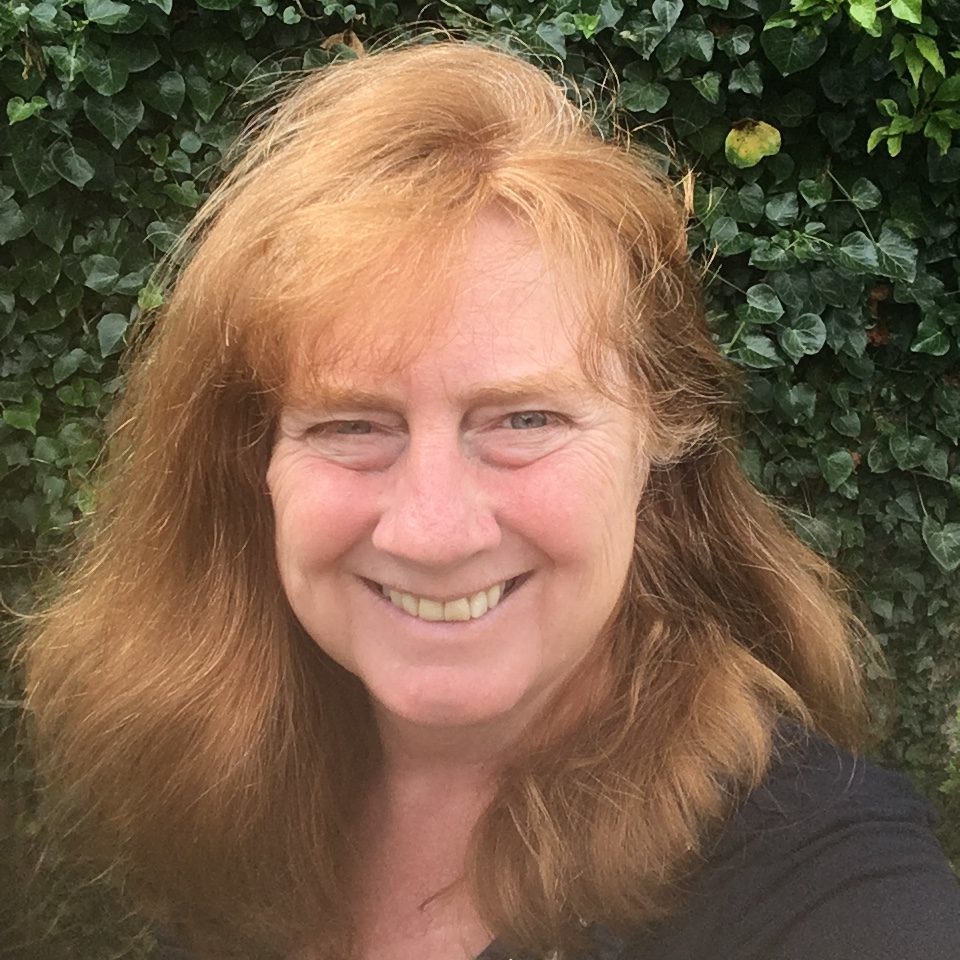
Ros Ballaster, Mansfield College, University of Oxford
‘Getting started. How novels begin 1660-1700’
Early modern fictions often struggle to ‘get started’, and tell a story of difficult getting made: across continents, across genres, across media. Tales are given ‘origin’ narratives in spaces, places and genres that are presented as evidently not where they were conceived. The struggle to get going also seems related to imagining their future travels. Beginnings open up the issue of where stories end, and where they are destined to land among readers and readerships. I will focus in particular on three European women writers of the seventeenth century who used fiction to get their own literary careers started: Aphra Behn, Marie-Madeleine Pioche de La Vergne, Comtesse de Lafayette and María de Zayas.
Ros Ballaster is Professor of Eighteenth-Century Studies in the Faculty of English, University of Oxford and tutorial fellow at Mansfield College. She has published extensively on the origins of the novel in English, women’s writing in the long eighteenth century, as well as on the connections between drama and the novel. She has explored the significance of amatory fiction in the period going from 1684 to 1740 in Seductive Forms (1992) and has focused on the eastern sources of seventeenth- and eighteenth-century fiction in Fabulous Orients: Fictions of the East in England, 1662-1785 (2005), awarded with the Rose Mary Crawshay Prize from the British Academy, and its accompanying anthology Fables of the East (2005). More recently, she has edited The History of British Women’s Writing, 1690-1750 (2010) for Palgrave Macmillan. Her latest book, Fictions of Presence (2020), argues that theatre and the novel were competing in Georgian London to create the sense of presence for their audience. She is currently editing a prose fiction work for the Cambridge Edition of the Works of Aphra Behn and is also Principal Investigator on the Digital Humanities project Digital Edgeworth Network, exploring the production of the Irish author Maria Edgeworth. She is beginning to work on a study of mediations of the eighteenth-century on the modern screen and page as forms of speculative fiction.
